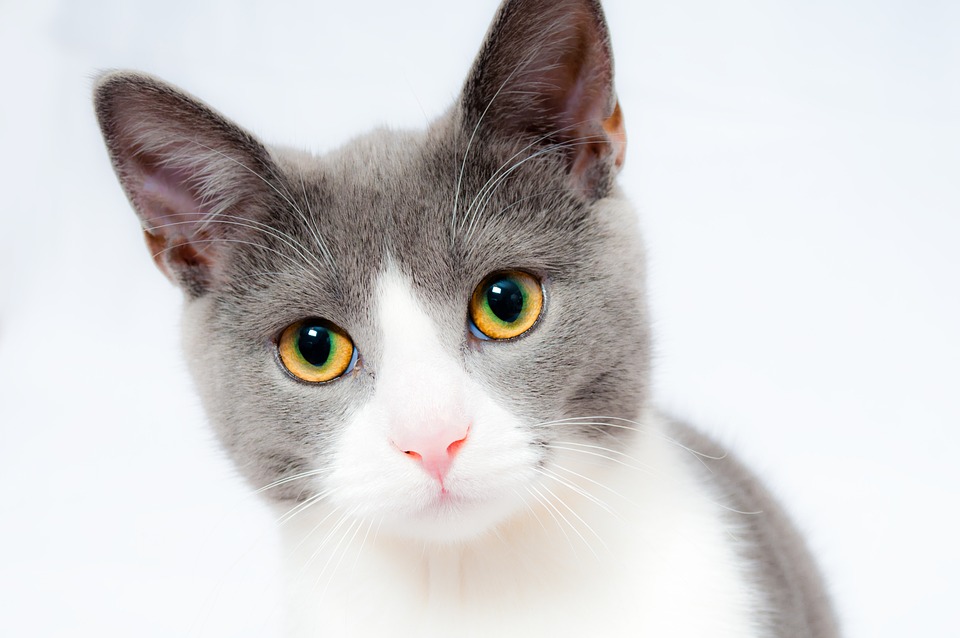Introduction: The Importance of Hydration for Cats
Cats are known for their independent nature and mysterious behaviors, but when it comes to their health, hydration plays a crucial role. Adequate water intake is essential for cats to maintain optimal health, as it supports various bodily functions and prevents dehydration. In this article, we will debunk common myths surrounding cat drinking habits and shed light on the facts about feline hydration.
Myth #1: Cats Don’t Need Much Water
Contrary to popular belief, cats actually need a considerable amount of water to stay healthy. While it is true that cats originated from deserts and have evolved to conserve water, it doesn’t mean they can thrive on minimal hydration. Domesticated cats require a daily intake of water to support their bodily functions, promote organ health, and prevent urinary tract disorders.
Fact #1: Cats Are Not Natural Water Drinkers
Cats have a low thirst drive compared to other animals, which is a result of their desert ancestry. In the wild, cats would typically obtain moisture from their prey, which consists of approximately 70% water. However, as domesticated cats rely mainly on commercial or homemade diets, they may not consume enough water through their food alone. Thus, it is important to encourage cats to drink water regularly.
Myth #2: Cats Will Drink Enough Water When They Are Thirsty
Unlike humans, cats may not always drink water when they feel thirsty. This is because their thirst drive is not as strong, and they may not recognize the early signs of dehydration. Waiting for a cat to display obvious signs of thirst can be dangerous, as it may indicate an already advanced stage of dehydration.
Fact #2: Cats Need Easy Access to Fresh Water
To ensure that your cat remains adequately hydrated, it is crucial to provide them with easy access to fresh water at all times. Cats prefer drinking from a clean and wide water bowl or a water fountain, as they are instinctively attracted to moving water. Regularly changing the water and cleaning the bowl will encourage your cat to drink more.
Myth #3: Milk Is a Suitable Substitute for Water
Contrary to popular belief, milk is not a suitable substitute for water when it comes to cat hydration. While kittens may require milk during their early stages of development, most adult cats are lactose intolerant and cannot digest milk properly. Offering milk as a substitute for water can lead to digestive issues and dehydration.
Fact #3: Wet Food Can Help Increase Water Intake
Feeding your cat wet food can be an effective way to increase their water intake. Wet food typically contains a higher moisture content compared to dry kibble, which can contribute to a cat’s overall hydration. If your cat prefers dry food, consider adding water to it or providing a separate water source to ensure they get enough fluids.
FAQs (Frequently Asked Questions)
1. How can I encourage my cat to drink more water?
– Try using a water fountain to provide moving water.
– Place multiple water bowls in different areas of your home.
– Experiment with different types of bowls, such as ceramic or stainless steel.
– Add flavorless chicken or bone broth to the water as an enticing option.
2. How much water should my cat drink daily?
– On average, cats should consume about 3.5-4.5 ounces of water per 5 pounds of body weight.
– However, individual water needs may vary based on factors like diet, activity level, and environmental conditions.
3. What are the signs of dehydration in cats?
– Decreased skin elasticity
– Dry or sticky gums
– Lethargy or increased sleepiness
– Loss of appetite
– Sunken eyes
– Panting or increased respiratory rate
4. Can I leave my cat alone for a day without access to water?
– It is not recommended to leave your cat without access to fresh water, especially for an extended period.
– Consider using automatic water dispensers or asking a trusted friend or neighbor to check on your cat’s water supply.
Conclusion:
Understanding the facts about cat hydration is essential for responsible pet owners. By dispelling common myths and embracing the importance of water intake, you can ensure your feline companion stays healthy and hydrated. Remember to provide fresh water, encourage regular drinking, and consult your veterinarian if you have concerns about your cat’s hydration levels.








